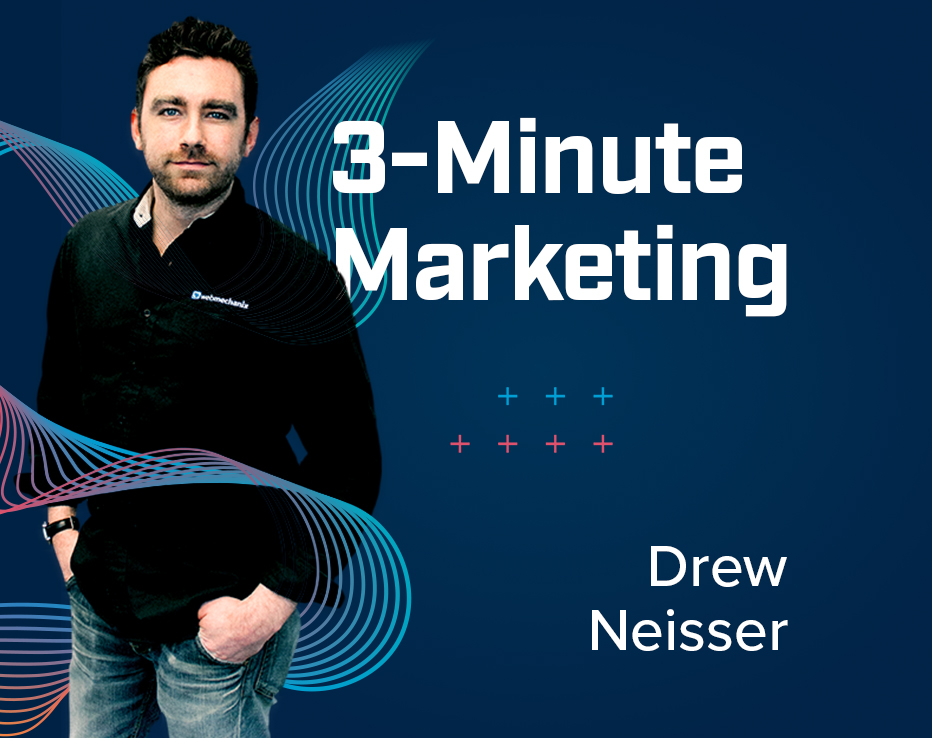
Retreading An Exciting Year – Part One: Major Policy Changes

2013’s contributions to the digital marketing canon were many. Google doubled down on mobile, social networks started offering some serious advertising opportunities, and online privacy found its way into the national spotlight.
But, before our brains begin burying some of the stuff we saw unfold, we want to revisit the big developments that we’ll continue paying attention to.
So, let’s get things started and wrap up part one of the digital marketing stories for 2013. We’ll retread some old topics and speculate about future trajectories.
Part two of this post can be found here.
Part One: Major Policy Changes
No More Keyword Data from Google

Google’s decision to withhold keyword data really had marketers up in arms. Any type of report relying on that data was already skewed, but now they would simply have to cease existing. That was certainly a blow to marketers but it was far from the death-knell that some made it out to be. Good agencies have adapted and their clients using new KPIs.
So, what does this mean (other than the big G likes to put on a good “privacy is important” face)?
Some would say it’s a hint from Google to marketers: stop chasing exact match keywords and start focusing on overall page, site, and brand performance. Whether that’s related or not, we really like that camp.
Resources
-
-
- Joel Klettke’s post about living in the new (Not Provided) world
- Avinash Kaushik’s post with suggestions for substitute reports for similar insights
-
New TLDs are On Their Way
New top level domains (TLDs) are on sale. The application process has been underway for the better part of the year and the purchasing period has started for some of these domains.
This means you’ll soon be seeing web addresses like www.baltimore.attorney and www.columbia.dentist.
You can view the full list of what will be up for grabs here. Here are some of our favorites:
-
-
- .beer
- .ninja
- .sucks
-
Is this going to trigger a big gold rush where everyone is trying to scoop up “valuable” domains? After all, take a look at how much some of the four letter .com domains have recently sold for. Short answer is yes. Long answer is no.
These domains certainly will offer some value and there will be a rush to get the more highly coveted ones, but there are processes in place that make sure they’re fairly released.
Additionally, these domains are not going to offer any radical advantages in search engine rankings. So, unless you have a good plan for them, it’s best to ensure you’ll be able to get a return on the premium rates they’ll be asking for.
Resources
The Threat Of No More Cookies

Logistically, cookies are far more limited than the web giants would like. User behavior outside the web is hard to track and introducing a new technology could change that.
Economically, controlling this data would be valuable. Very valuable. With the $120 billion global digital advertising industry interested in tapping into this data, the gatekeepers could make a pretty penny by charging rent for access to the information.
Apple has already been using their own unique identifiers to target users on smartphones and tablets. Microsoft is up next, announcing that they want to create their own unique identifier to track all users of Windows 8 and 8.1 (which includes computers, smartphones, and the Xbox One’s eyeball directly in living rooms through the Kinect 2.0’s). Google has similar aspirations, voicing their own interest wrangling data from all their products–Gmail, Chrome, Android, etc–on all devices.
However this shakes out, one positive outcome is certain–cross-channel attribution is going to be easier than ever.
Resources
-
-
- Elizabeth Dwoskin’s article on web giants’ quest to control web tracking data
-
The Increased Focus on Branding

Google is luring brands with the power of YouTube. By heavily investing in original premium content and re-organizing their ad business into two divisions (one focusing on brands and one focusing on performance ads) Google hopes to soak up more of the billions spent each year on brand advertising. The imminent launch of some type of Android @ Home will ensure that viewers will still remain fixated on their TV sets, too.
Facebook is hawking those brand advertising budgets as well. Rather than sitting still, Facebook is rolling out new video ad formats and urging brands to focus less on organic reach. This is more than a move to keep pace with Vine and Instagram; it’s an attempt to take some of the brand advertising dollars away from YouTube.
You can also point to Google’s Penguin 2.0 algorithm update as a shift towards rewarding brands. Exact match keyword anchor text (and URLs) have been devalued, while websites with branded linkbacks (e.g. WebMechanix website) have held strong. Google seems to believe that strong brands result in better content, so those types of branded backlinks can be more indicative of authority.
Resources
-
- USA Today’s article on Google’s reorganized ad business
- Tech Crunch’s article leaking Facebook’s video ad pitch deck
- Hubspot’s article on branding as a ranking factor after Penguin 2.0
Most newsletters suck...
So while we technically have to call this a daily newsletter so people know what it is, it's anything but.
You won't find any 'industry standards' or 'guru best practices' here - only the real stuff that actually moves the needle.
You may be interested in:
The Top 5 Mistakes B2B Marketers Are Making Today with Drew Neisser
September 29, 2021






